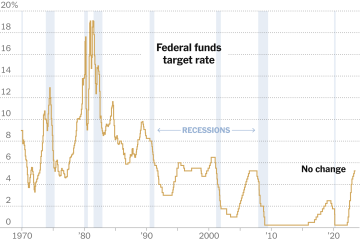Analyzing the Current State of the Russian Economy in 2023
Introduction
The Russian economy, once a significant player on the global stage, is currently undergoing substantial transformations due to various external pressures and internal challenges. Understanding its current state is crucial for international investors, policymakers, and those interested in geopolitical dynamics. In 2023, the ramifications of international sanctions and the fluctuating energy market have been pivotal in determining the economy’s trajectory.
Current Economic Landscape
According to the World Bank, Russia’s GDP is estimated to contract by 2% in 2023, marking a significant decline from the pre-crisis figures. The rapid response of Western countries to the ongoing conflict in Ukraine has resulted in extensive sanctions aimed at crippling key sectors of the Russian economy, particularly finance, technology, and energy.
Despite these efforts, Russia has found ways to adapt. The country has increased its economic ties with nations such as China and India, which have become critical markets for its oil and gas exports. In fact, data from the International Energy Agency indicates that Russia’s oil exports to China have surged, helping to offset losses from European markets, which have been significantly impacted by sanction measures.
Inflation and Consumer Impact
Despite its efforts to adjust, inflation remains a pressing issue in Russia. As of August 2023, the inflation rate was recorded at 12.3%, driven largely by the depreciating rouble and shortages in goods. This rise in prices has affected everyday consumers, reducing purchasing power and leading to a decline in living standards for many Russians.
Moreover, the Russian government has implemented various measures to support consumers, including increasing subsidies for essential goods and stabilising prices for basic commodities. However, these measures have only provided temporary relief, highlighting the need for comprehensive economic reforms.
Conclusion and Future Outlook
In conclusion, the Russian economy is facing a complex and multifaceted crisis in 2023. While the nation has adopted strategies to mitigate the impact of sanctions and strengthen ties with alternative markets, the long-term outlook remains precarious. Continued inflation and the risk of increased economic isolation pose significant threats to its recovery.
Looking ahead, international analysts suggest that unless there is a resolution to the geopolitical tensions and a potential easing of sanctions, Russia’s economy may continue to experience stagnation. For global stakeholders, following these developments will be critical in understanding not only Russia’s economic future but also the broader implications for global markets.









